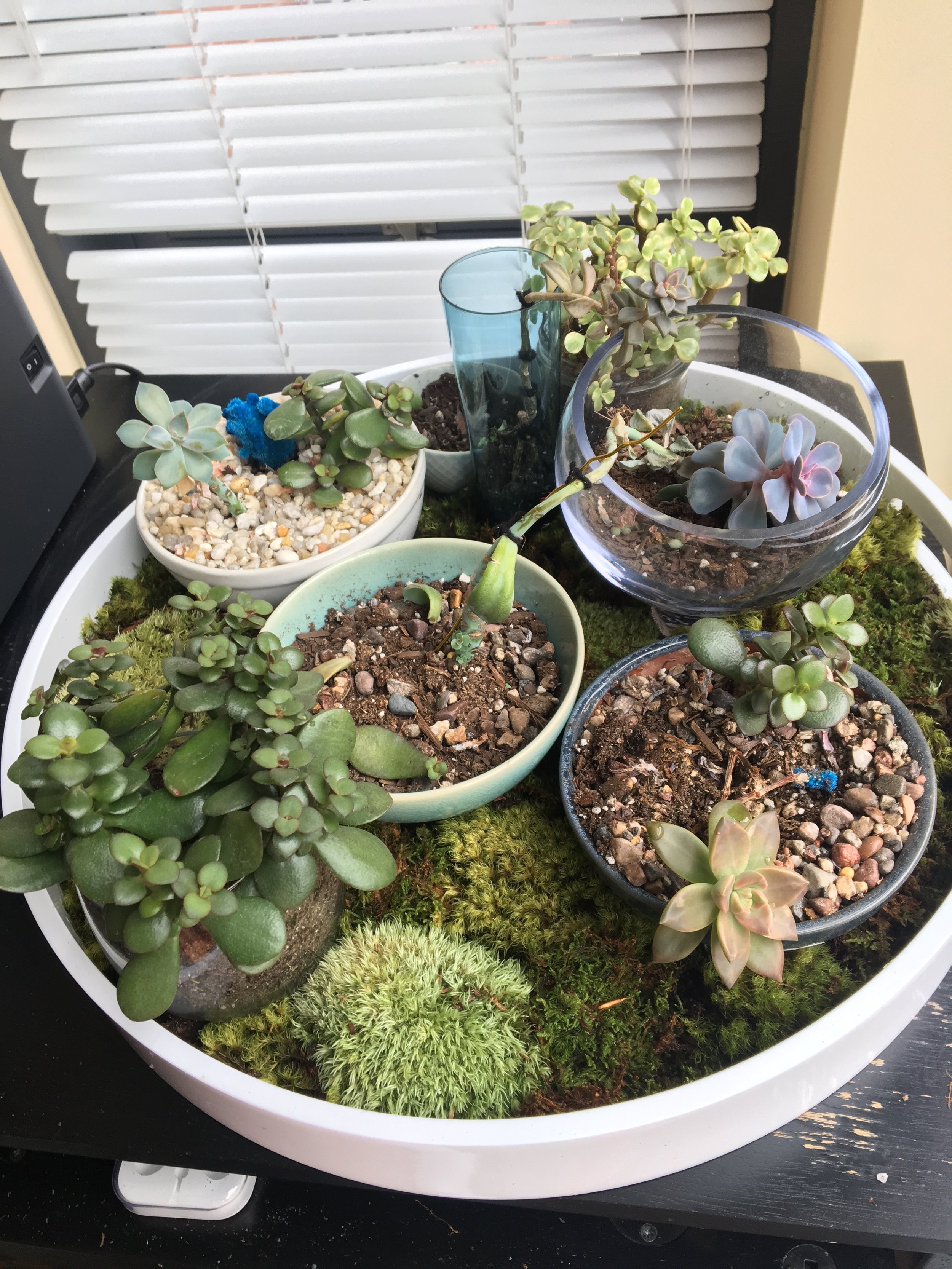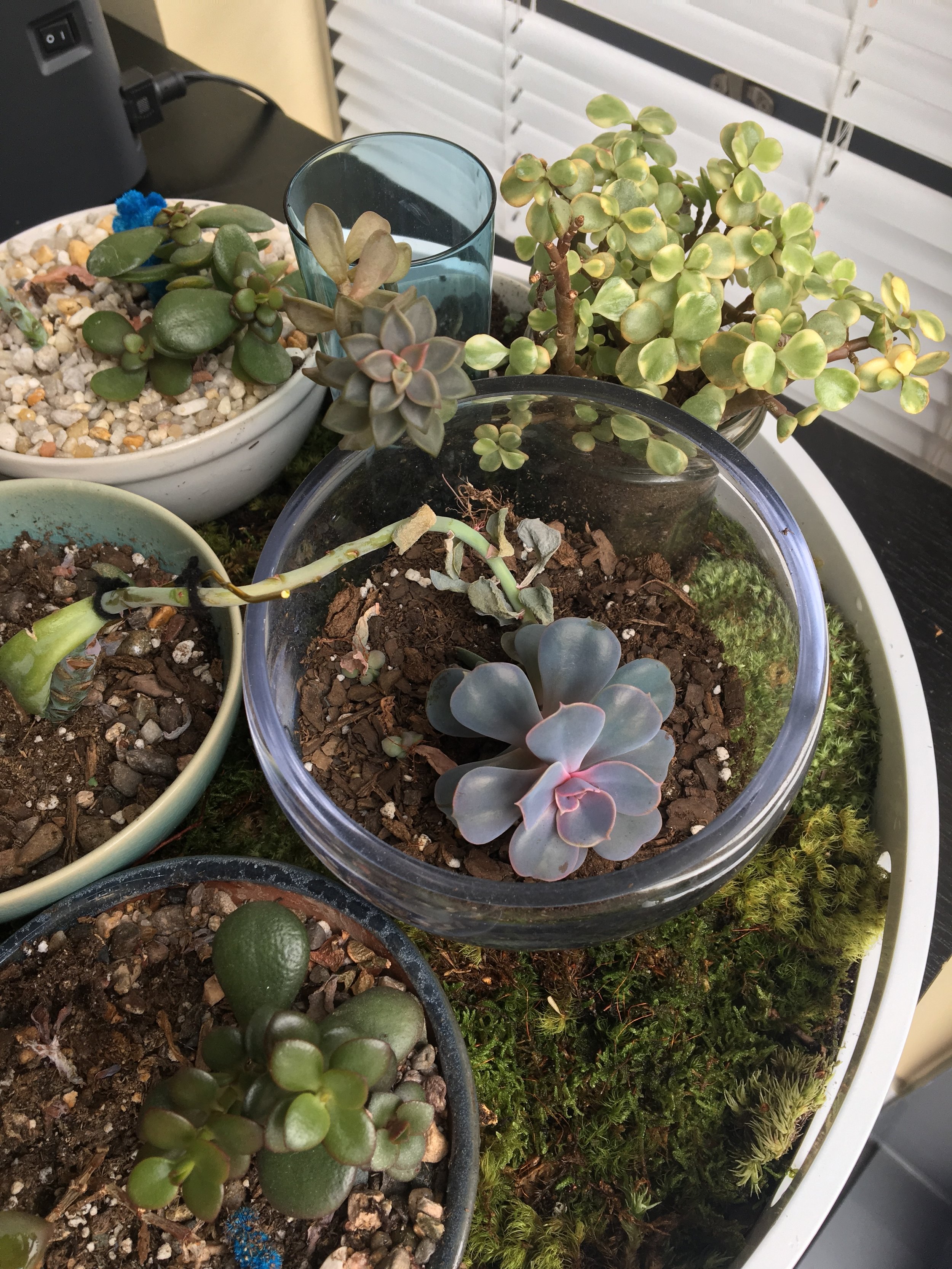It took me a while to articulate exactly why I thought this movie was dumb. (spoilers)
Arriving to the general conclusion wasn't hard: I felt myself thinking this several times during the movie itself, sort of cringing in vicarious embarrassment for everyone sitting in the theater. Some particular things that piqued this: The cartoonish villain. The shoe-horned in romance with a John Green-style "cool girl." (The "hideous secret" of her true appearance outside of VR is, eek, that she has a birthmark.) The fact that a massive corporation funding professional full-time game players can't seem to get any players who are better than cannon fodder, or can solve mysteries that a teenage boy can despite all their resources and the fact that some working there might actually have been alive during the 80s--critical for understanding the mysteries. That Wade's aunt gets murdered along with dozens or perhaps hundreds of other people and it's sort of his fault and he has zero reaction to it, moving quickly to the next scene where all he can think about is this chick he likes.
Yeah I guess it is fun to see a bunch of references to pop culture . . . but nothing particularly clever was done with them. I'm a huge fan of The Shining and yup, it was fun to go into the Overlook Hotel. But like, why? Living in the references felt like bad fan fiction like "We're here for the sake of being here" rather than "we're here because we have something interesting to say about The Shining." Here's some glitter--I'm going to throw it directly into your eyes.
This is exactly why the movie felt really off to me: it was a middle grade story, starring teen actors, with tons of references to things from my childhood (and I'm almost forty). It didn't have the complexity or emotional depth of young adult/ teen fiction, or even more complex middle grade, so you were left with this weird sense of being at middle grade simplicity but with older actors. But then there are all these references that older people would get--The Shining, Child's Play, that would totally be lost on people who were 8 to 12. Actually, maybe even 15. Naturally, the good guys win in the end. And they share their wealth . . . across the five of them, and everyone else continues to live in abject poverty in stacked trailers in a world that pretty much feels like Idiocracy? Sure, we'll turn off the virtual reality two days a week, but not address anything about how life is so terrible that people want to live in fantasy worlds instead. I don't really expect something intended for middle schoolers to deal with complex issues like class or how corporations hurt culture and government in and endless quest for profit, but I do expect that to be addressed in works for slightly older people.
Is this depth asking too much in movies that are just supposed to be fun? I don't think so actually. In the past month I just watched Toy Story 3 for the first time, in addition to the Lego Batman movie (for the 4th time). It's really hard to do what these movies did really well: tell stories with heart that are funny and enjoyable for both kids and adults. Nothing in either of those movies made me roll my eyes, despite the former being pretty sentimental. Why exactly is Toy Story good? Well, its unabashedly earnest. It really tries to imagine what it would feel like to be these toys. And seeing their secret world is fun and clever. Any adult watching that movie knows that the toy paradise day care center they end up in is of course going to turn into a hellscape--it was funny anticipating how this would pan out. Lego Batman is a perfect example of how you can reference things, but do it in a meta way that ends up being cute rather than thin. The Joker acknowledging that his longtime antagonistic relationship with Batman is in fact a relationship. The whole "it works at multiple levels" thing.
Highlight of the movie: Philip Zhao. Lowlights: For the love of god, why would you have the Delorean from Back to the Future and never drive it to 88 miles per hour, throw off sparks, and activate the 1.21 gigawatts of energy needed to travel through time??? (And yes, I know that the answer to this is addressed in the book, but it isn't in the movie).








